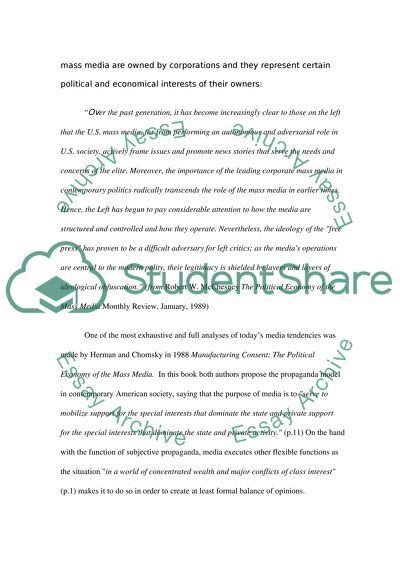Cite this document
(“Antonio Gramsci Essay Example | Topics and Well Written Essays - 3750 words”, n.d.)
Retrieved from https://studentshare.org/sociology/1527276-antonio-gramsci
Retrieved from https://studentshare.org/sociology/1527276-antonio-gramsci
(Antonio Gramsci Essay Example | Topics and Well Written Essays - 3750 Words)
https://studentshare.org/sociology/1527276-antonio-gramsci.
https://studentshare.org/sociology/1527276-antonio-gramsci.
“Antonio Gramsci Essay Example | Topics and Well Written Essays - 3750 Words”, n.d. https://studentshare.org/sociology/1527276-antonio-gramsci.


